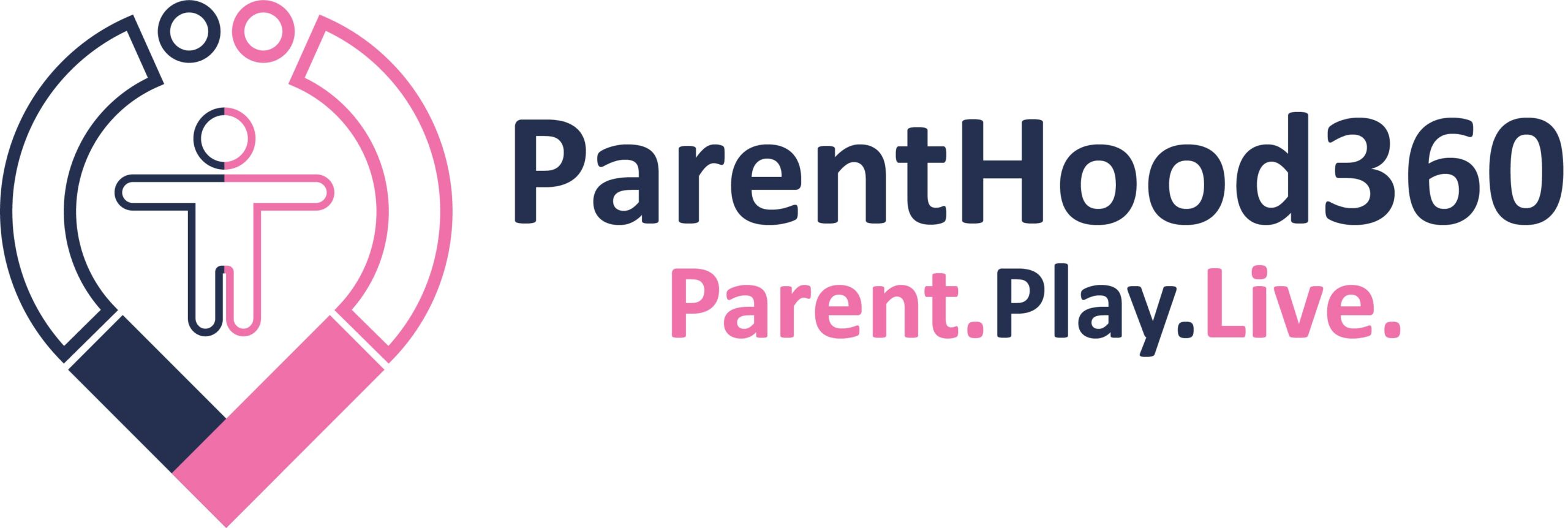Currently Empty: $0.00
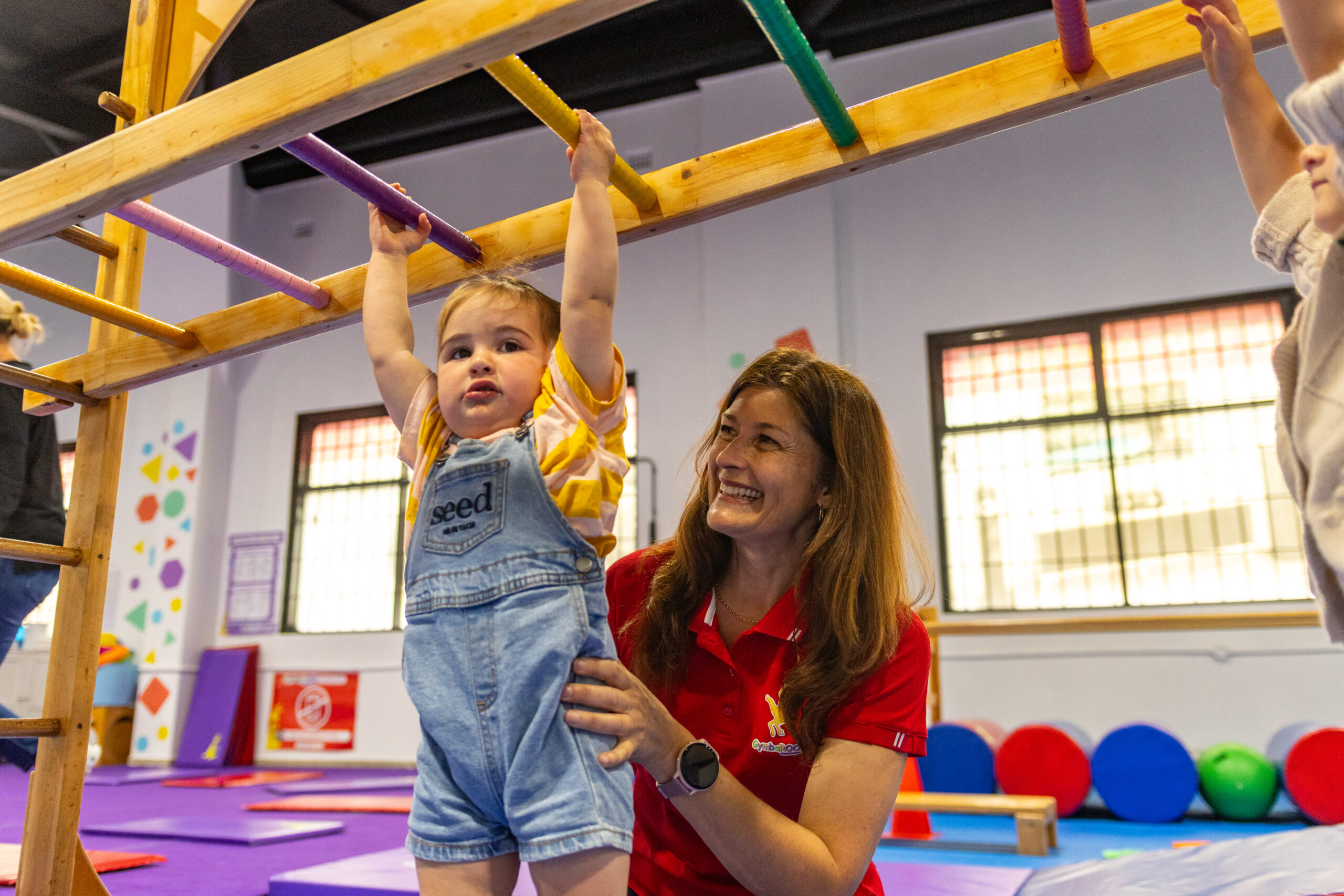
Is Your Child School-Ready? The New Data Says Many Aren’t – But There’s Help
New research shows a worrying trend—one in five children are starting school developmentally behind. Here’s what parents need to know (and do) before the bell rings.
If you’ve ever questioned whether your child is really ready for school—you’re not alone. And according to new national data, it’s a question more parents should be asking. The 2024 Australian Early Development Census (AEDC) has revealed that only 52.9% of children are developmentally on track across the five key domains needed to thrive in the classroom. Even more concerning? That number has dropped since the last census in 2021.
Translation? Our youngest learners are falling behind—before they’ve even begun.
What Does “Developmentally Vulnerable” Actually Mean?
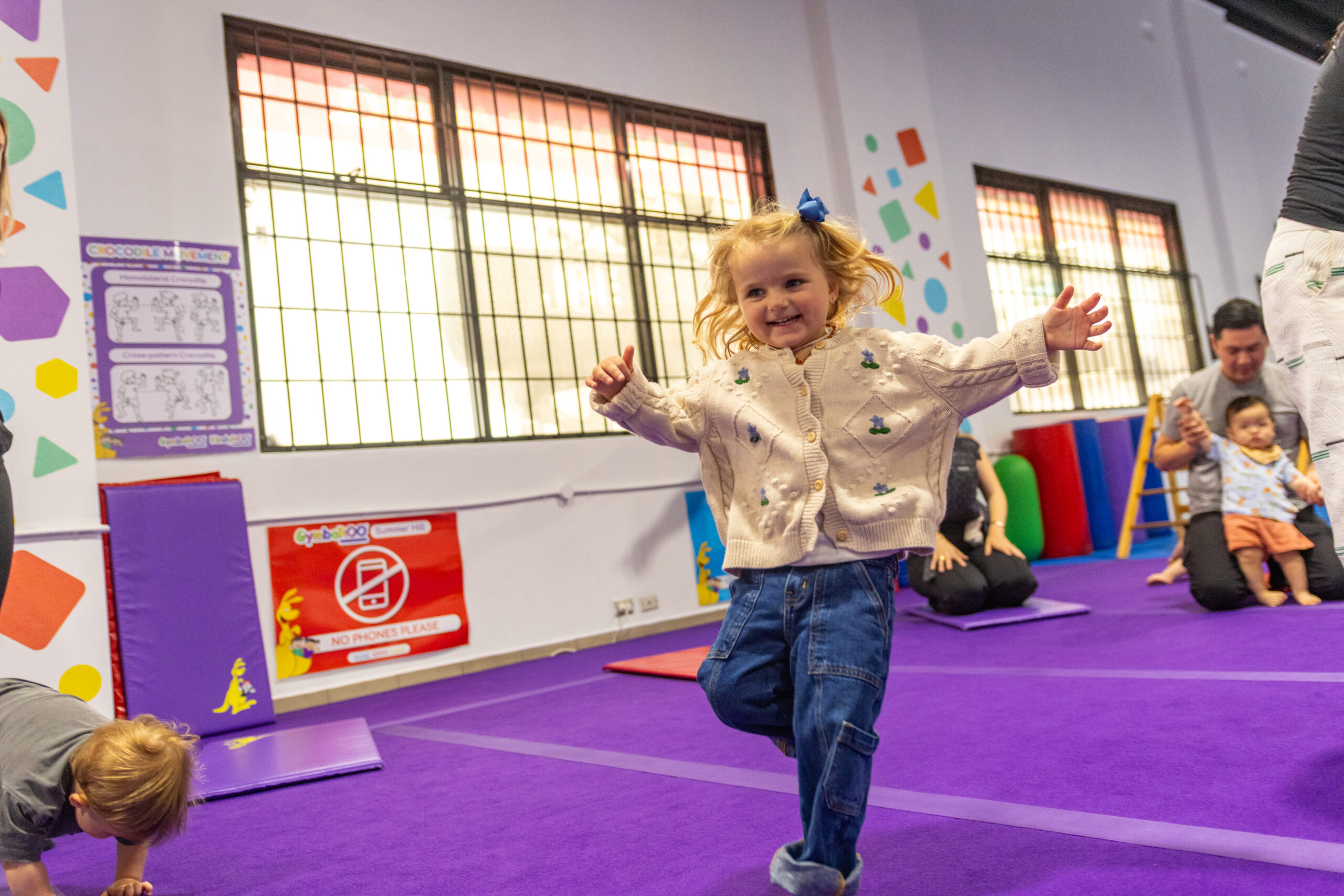
When educators or researchers talk about children being “developmentally vulnerable,” they’re not referring to academic ability. This isn’t about whether your child can recite the alphabet or count to 100.
Instead, the AEDC assesses school readiness based on five key areas:
- Physical health and wellbeing
- Social competence
- Emotional maturity
- Language and cognitive skills
- Communication and general knowledge
If a child struggles in one or more of these areas, they may find it harder to keep up with peers—not just academically, but socially and emotionally too. And once that gap opens, it often widens unless addressed early.
According to Stephanie Lord-Darby, early childhood specialist and spokesperson for GymbaROO, this data is a much-needed wake-up call for families.
“It’s not the early education years we should be skipping. These are the years that matter most—where we build the physical, emotional and cognitive foundations that shape how children will learn and interact with the world,” she says.
Why Are So Many Kids Falling Behind?
There’s no single culprit, but the last few years have been far from normal. The pandemic led to disrupted daycare attendance, reduced access to playgroups, and more screen time than ever before.
Combine that with modern lifestyle factors like busy schedules, overstimulation, and fewer opportunities for free, physical play—and the result is clear: many kids are missing out on the movement and social interaction essential for healthy brain development.
And while the instinct might be to “catch up later,” Lord-Darby warns that early intervention is far more effective (and cost-efficient) than trying to remediate issues once a child is already in the classroom.
“Governments spend large amounts on remedial programs for children who are falling behind. What’s more powerful is investing in movement-based activities before school begins,” she explains.
The Movement-Brain Connection: Why Play Still Matters
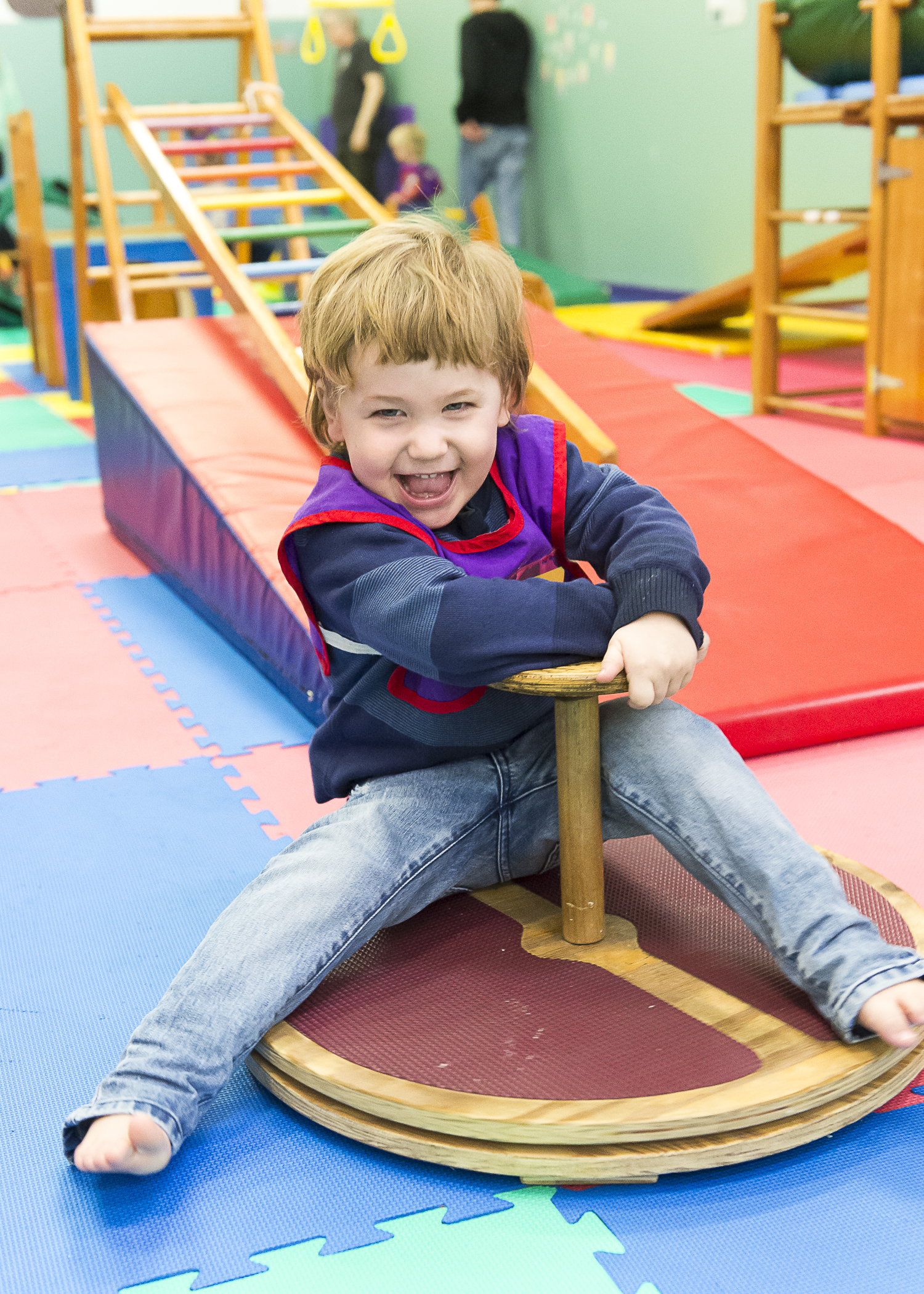
You might assume school readiness comes from flashcards, phonics apps, or pre-prep tutors—but the real secret is much more fundamental: movement.
“Children’s brains are built through active movement,” Lord-Darby says. “Crawling, climbing, spinning, balancing—these aren’t just games, they’re brain builders. Every hop and skip is helping wire the neural connections needed for learning.”
That’s where programs like GymbaROO come in. Backed by neuroscience and beloved by Aussie families, GymbaROO has spent over 40 years helping children develop the physical and sensory-motor skills they need to thrive—not just in the classroom, but in life.
What Is GymbaROO (And How Can It Help Your Child)?
If you haven’t heard of GymbaROO before, here’s the quick lowdown:
It’s a fun, play-based program for babies to preschoolers, built on the principle that movement = learning. Classes (available both in-centre and online) combine music, rhythm, exercise, sensory play, and parent-child bonding—all designed to stimulate brain development.
Through carefully crafted activities, children improve:
- Balance and coordination
- Postural control
- Fine and gross motor skills
- Social confidence
- Emotional regulation
- Body awareness and spatial skills
It might look like fun and games (and it is!), but underneath the surface it’s all about building the brain-body pathways that help kids concentrate, follow instructions, regulate big emotions, and pick up academic concepts down the track.
Real Talk: What Can Parents Do Right Now?
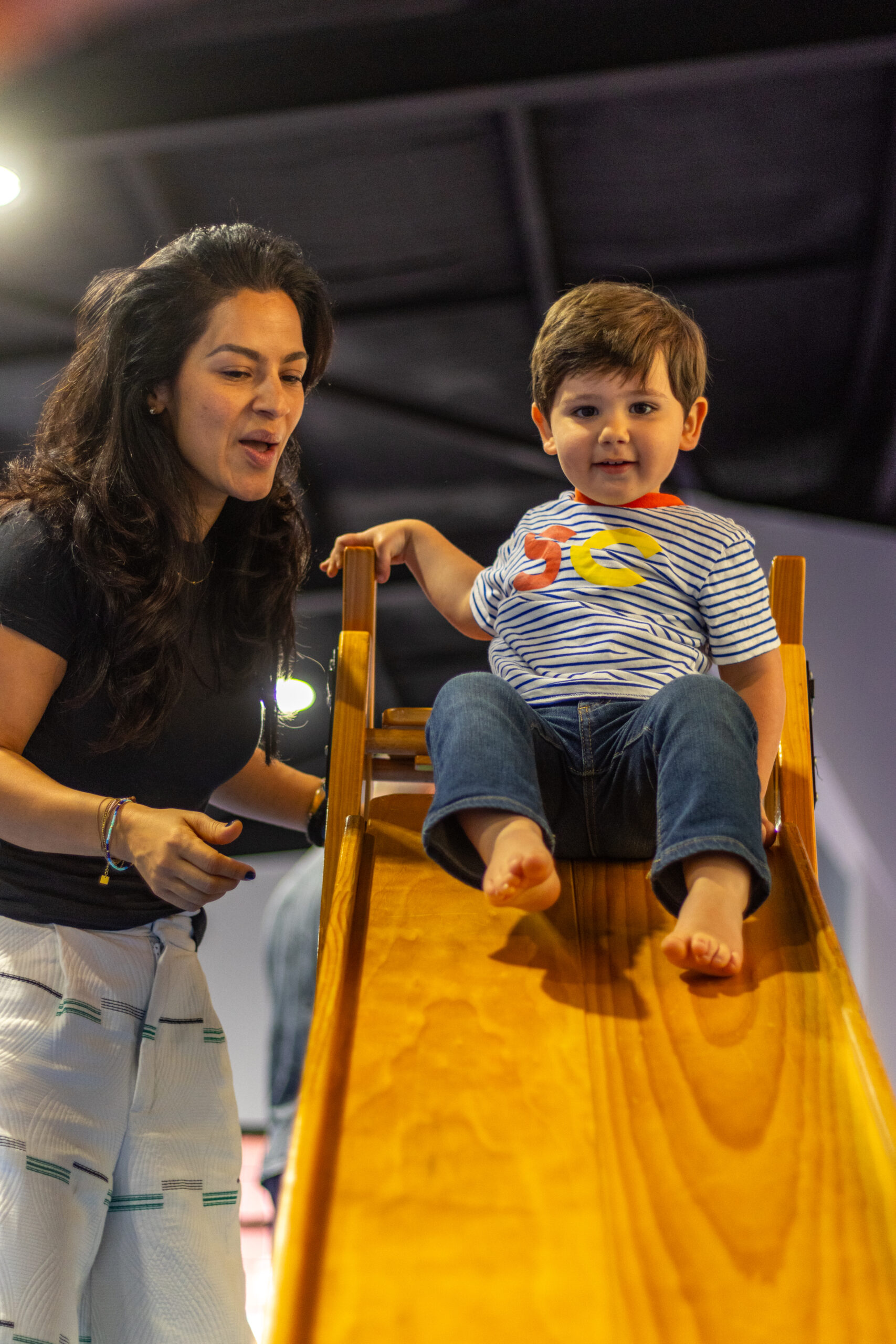
If your child is starting school next year—or even just starting daycare—don’t panic. There are lots of simple things you can do at home to support their development:
- Make time for unstructured play
Rolling, tumbling, dancing in the lounge room—anything that gets their body moving and their imagination flowing is time well spent.
- Read with them, not just to them
Talk about the pictures, ask questions, and encourage them to retell the story. This builds language skills, comprehension, and memory.
- Limit passive screen time
Swap out tablets for active play or movement-based activities. If screen time is unavoidable, try co-viewing and discussing content to keep engagement active.
- Look into local programs like GymbaROO
A weekly class can make a huge difference in boosting your child’s physical and neurological development in a structured, evidence-backed environment.
- Support emotional regulation
Practice naming emotions, taking deep breaths, and recognising social cues. School readiness includes being able to cope—not just count.
Why This Isn’t About “More Pressure” On Parents
Let’s be real—parents today are already juggling a thousand things. The last thing anyone needs is another benchmark or guilt trip.
But this isn’t about pressure. It’s about empowerment.
When parents understand what really matters in those early years—not worksheets or academic drilling, but movement, connection and play—they can focus their energy on what actually works. And they can seek support when needed, without shame or confusion.
“By navigating young children’s natural curiosity through fun, engaging and evidence-based activities, we’re giving them a real head start—not just academically, but socially, emotionally, and physically,” Lord-Darby adds.
Final Bell: Let’s Rethink What “Ready” Really Means
School readiness isn’t about ticking academic boxes—it’s about having the foundations in place so your child can walk into that classroom feeling safe, confident, and capable of learning.
With one in five children now starting school developmentally behind, programs like GymbaROO are more important than ever. Not just as a way to catch up—but as a proactive step to give our kids the strongest, happiest start possible.
Because when we support our littlest learners early—we set them up for a lifetime of success.
